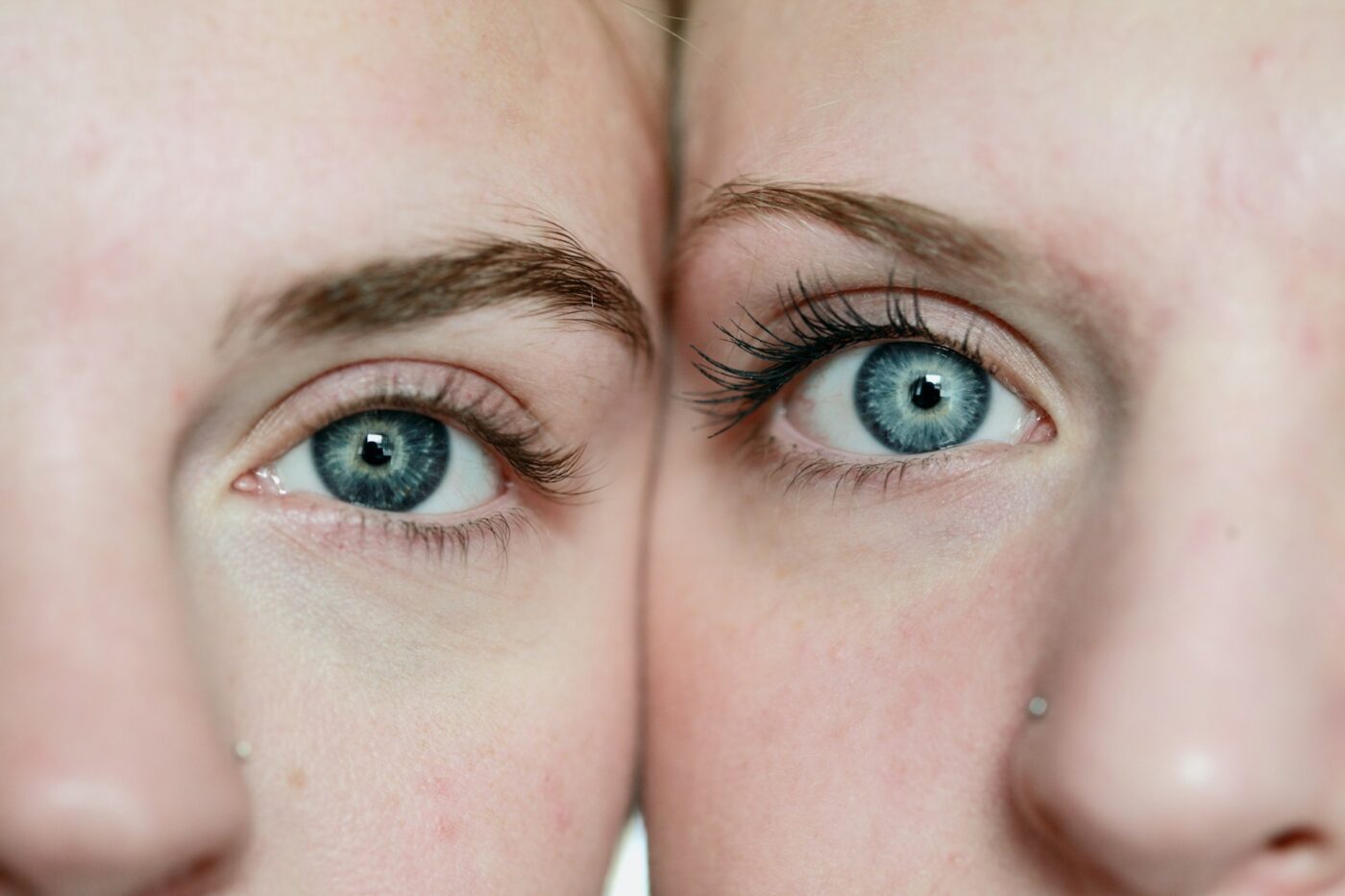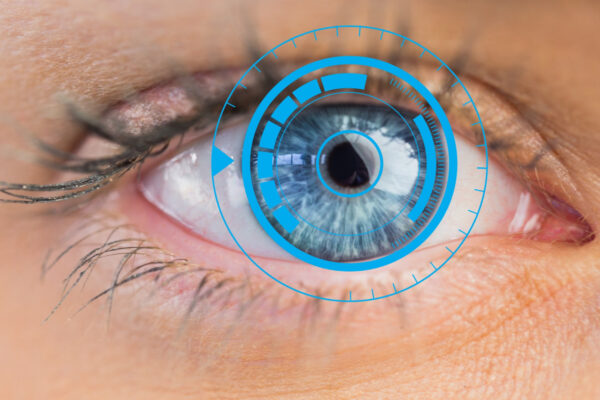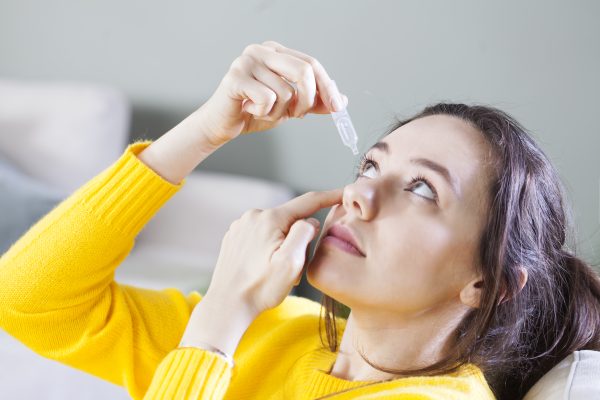Fun Fact: The eye can focus on about 50 objects each second.
The Importance of Eye Health
Vision is a precious gift that allows us to experience the world around us in vibrant detail. As we age, however, our eyes undergo natural changes that can affect our ability to see clearly. Fortunately, there are many steps you can take to promote healthy eyes and maintain optimal vision throughout life. We explore those
1. Vision Quality and Independence
- Clear vision enhances your ability to perform everyday tasks such as reading, driving, and working.
- Poor eye health or untreated conditions, like cataracts or macular degeneration, can lead to vision loss, impacting independence and quality of life.
2. Early Detection of Health Issues
Regular eye examinations are essential for early detection of potential issues. We recommend:
- Before Age 40: Undergo a comprehensive eye exam every two to three years, even without vision problems.
- After Age 40: Increase the frequency to every one to two years, as the risk of eye diseases rises with age.
These exams can detect conditions like glaucoma, cataracts, and age-related macular degeneration early, facilitating timely intervention.
3. Reducing Risk of Eye Diseases
- Age-related conditions such as macular degeneration, cataracts, and glaucoma are preventable or manageable with proper care.
- A nutrient-rich diet, UV protection, and avoiding smoking can lower the risk of these diseases.
- Follow Contact Lens Guidelines: Clean and store lenses as directed to prevent infections.
- Avoid Touching Eyes with Unwashed Hands: Reduces the risk of introducing harmful bacteria.
4. Long-Term Productivity and Comfort
- Eye strain from prolonged screen use, known as digital eye strain or computer vision syndrome, can cause discomfort and reduce productivity.
- Adopting the 20-20-20 rule (looking at something 20 feet away for 20 seconds every 20 minutes) helps alleviate strain.
Tips to Maintain Eye Health
A. Nutritional Choices
A balanced diet rich in specific nutrients supports eye health. Incorporate the following into your meals:
- Leafy Greens: Spinach and kale are high in lutein and zeaxanthin, antioxidants that protect the retina.
- Fatty Fish: Salmon and tuna provide omega-3 fatty acids, which help alleviate dry eyes.
- Citrus Fruits: Oranges and grapefruits are rich in vitamin C, essential for eye health.
- Nuts and Seeds: Almonds offer vitamin E, protecting eye cells from damage.
- Carrots and Sweet Potatoes: High in vitamin A, crucial for corneal health.
Maintaining a diet abundant in these nutrients can help delay age-related eye deterioration.
B. Protect Your Eyes
- Wear sunglasses that block 99-100% of UVA and UVB rays to protect against sun damage.
- Use protective eyewear during activities like sports, construction, or lab work.
- Select Wraparound Frames: They offer additional protection by preventing UV rays from entering from the sides.
C. Limit Screen Time
- Extended screen exposure can lead to digital eye strain. Adjust screen brightness, use blue light filters, and maintain proper posture to reduce strain.
D. Manage Chronic Health Conditions
Chronic conditions like diabetes and hypertension can adversely affect vision. Effective management includes:
- Regular Monitoring: Keep blood sugar and blood pressure levels within recommended ranges.
- Adherence to Treatment Plans: Follow medical advice to control these conditions.
Proper management of chronic diseases can prevent complications such as diabetic retinopathy and hypertensive retinopathy.
E. Avoid Smoking
- Research shows that smokers are three times more likely to get cataracts, experience macular degeneration, or experience uveitis than nonsmokers. Quitting can significantly improve your eye health.
Remember: By incorporating these practices into your daily routine, you can significantly promote healthy eyes and maintain sharp vision as you age. Remember, early detection is key for managing eye conditions. If you experience any vision changes or persistent eye problems, consult your ophthalmologist promptly for a proper diagnosis and treatment plan.
At The LASIK Vision Institute, we focus on providing LASIK eye surgery to help improve your vision and reduce dependence on glasses or contacts. While we don’t offer routine eye exams, we invite you to schedule a FREE LASIK consultation. Our experienced surgeons and dedicated medical team are here to assess your vision and determine if LASIK is the right option for you.

Find a LASIK Surgery Location Near You
We’re located nationwide – it’s easy to find a LASIK Vision Center near you.
Sources:
American Academy of Ophthalmology. (n.d.). 21 Ways Aging Changes Your Eyes. Retrieved from American Academy of Ophthalmology
Clarkson Eyecare. (n.d.). How to Keep Aging Eyes Healthy. Retrieved from Clarkson Eyecare
Johns Hopkins Medicine. (n.d.). Best Way to Age-Proof Your Vision. Retrieved from Home
Verywell Health. (2023). 12 Foods for Eye Health and Eyesight to Include In Your Diet. Retrieved from Verywell Health
All About Vision. Rodrigues, A. (2019). How smoking harms your vision. All About Vision.com. Retrieved from https://www.allaboutvision.com/smoking
Categories:



